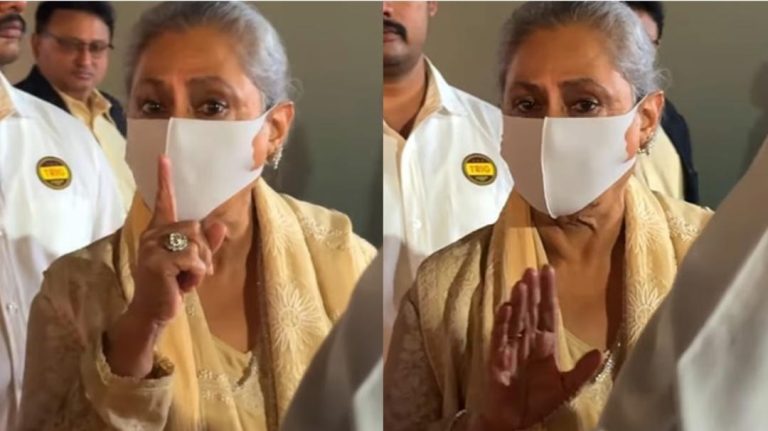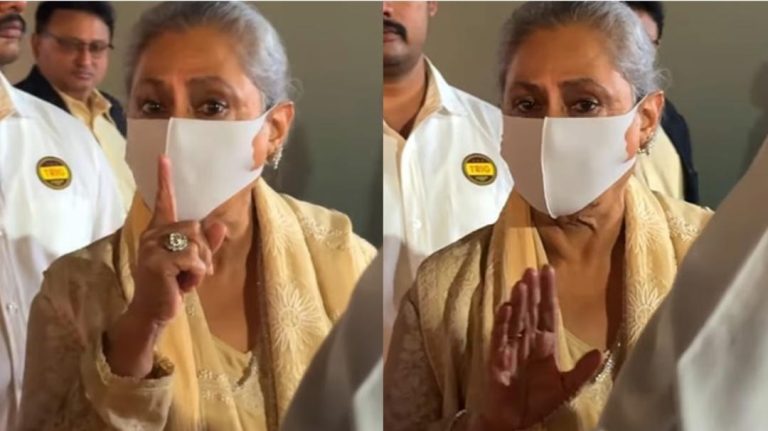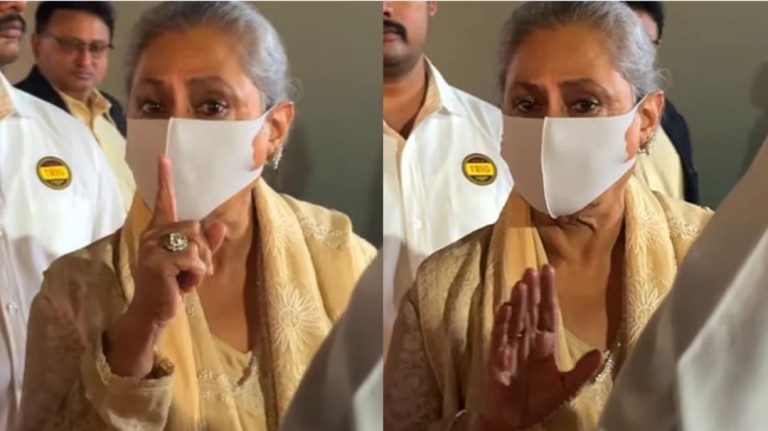
Petition filed with the Ministry of I&B to ban Udaipur Files
The recent controversy surrounding the upcoming film “Udaipur Files” has taken a new turn with the President of Jamiat Ulama-i-Hind, Arshad Madani, announcing that a petition has been filed with the Ministry of Information and Broadcasting to ban the release of the movie. Madani took to social media to inform everyone about the development, stating that the petition highlights the film’s potential to promote communal tension in society.
The petition, which has been filed by Jamiat Ulama-i-Hind, a prominent Islamic organization in India, claims that the film is based on hatred and may lead to communal unrest if released. The organization has expressed its concerns that the movie’s content may be detrimental to the country’s social fabric and may spark tensions between different communities.
The Udaipur Files, starring Vijay Raaz, has been making headlines for its controversial content, which has been criticized by many for its perceived anti-Muslim undertones. The film’s trailer, which was released recently, has been viewed by millions of people on social media, with many expressing their outrage and disappointment over the film’s perceived biases.
The controversy surrounding the film has been building up for weeks, with many calling for its ban. Despite the controversy, the film’s producers have remained defiant, stating that the movie is meant to promote a message of peace and unity. However, the petition filed by Jamiat Ulama-i-Hind has added fuel to the fire, with many calling for the government to take action and ban the film.
The petition filed by Jamiat Ulama-i-Hind is the latest development in the ongoing controversy surrounding the Udaipur Files. The organization has stated that it is concerned about the film’s potential to promote hatred and communal tension, and has called on the government to take immediate action to ban the film.
The petition has been filed under the provisions of the Cinematograph Act, 1952, which empowers the government to ban a film if it is deemed to be detrimental to the country’s social fabric. The petition is based on the contention that the film is based on hatred and may lead to communal unrest if released.
The controversy surrounding the Udaipur Files has sparked a heated debate over the role of cinema in promoting social cohesion and national unity. Many have argued that films have the power to shape public opinion and promote social change, while others have argued that the government should not interfere with artistic expression.
The petition filed by Jamiat Ulama-i-Hind is the latest example of the ongoing debate over the role of cinema in promoting social cohesion and national unity. The organization has stated that it is committed to promoting peace and unity in the country, and has called on the government to take action to prevent the release of the film.
The Udaipur Files is scheduled to release soon, and the controversy surrounding the film is likely to continue to build up in the coming weeks. The petition filed by Jamiat Ulama-i-Hind is a significant development in the ongoing controversy, and is likely to influence the government’s decision on whether to ban the film.
In conclusion, the petition filed by Jamiat Ulama-i-Hind to ban the Udaipur Files is a significant development in the ongoing controversy surrounding the film. The organization has expressed its concerns over the film’s potential to promote hatred and communal tension, and has called on the government to take action to prevent the release of the film. The controversy surrounding the Udaipur Files is a reminder of the importance of responsible cinema and the need for the government to take action to promote social cohesion and national unity.






